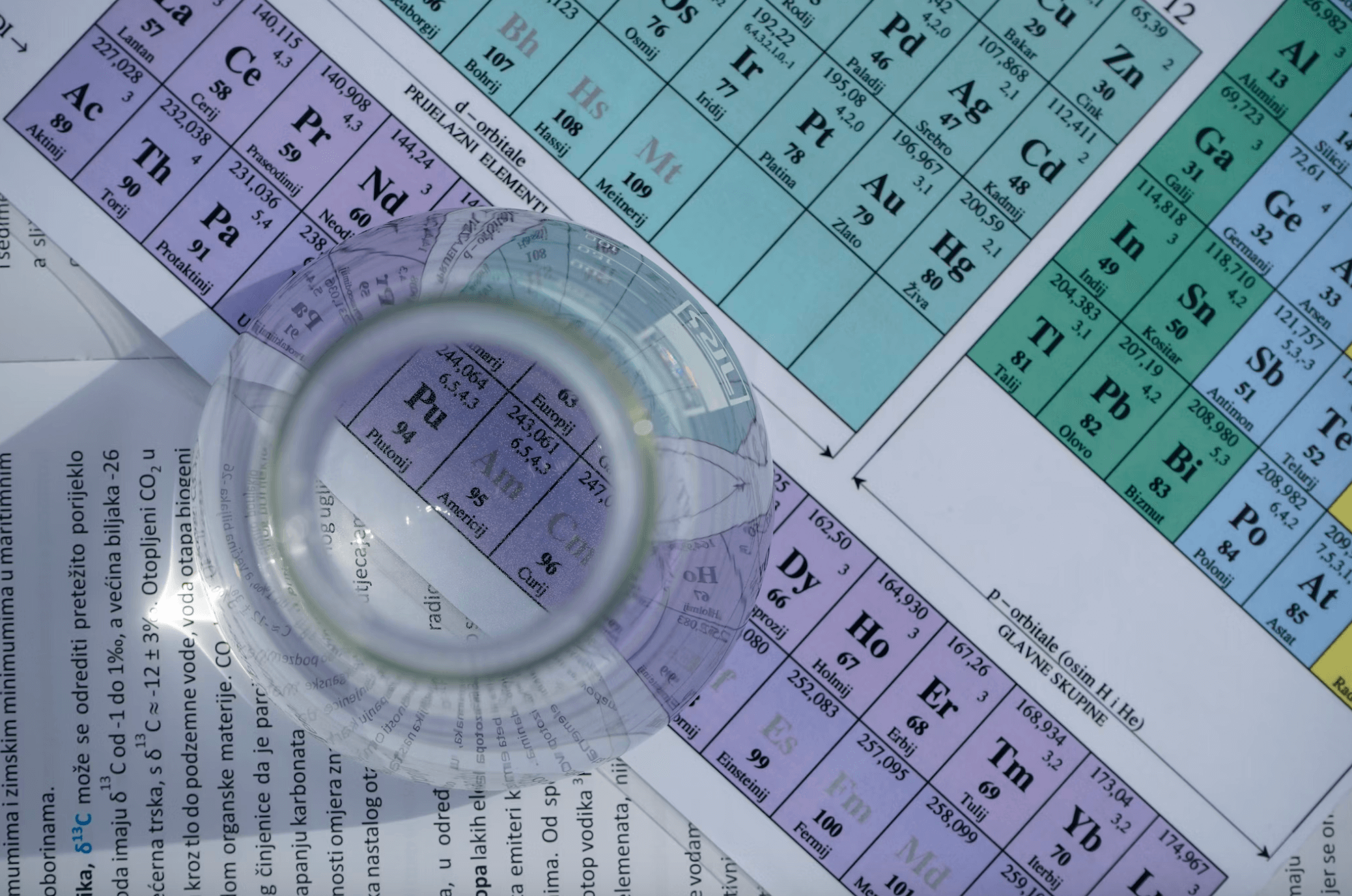
3 Unique Career Options for Students Who Love Chemistry
You probably love chemistry because it can help improve the way of life, understand the world better, and protect it. At the university level, chemistry helps you understand the intricate details of how chemical compounds and molecules interact and react. You might also learn about time management, research, data analysis, report writing, etc.
With this knowledge, you’ll be able to look for unique and exciting job opportunities. Would you like to choose a career option in chemistry other than being a chemist, pharmacologist, biochemist, or laboratory technician? Then, you can choose to become a chemical engineer, forensic scientist, or toxicologist.
In this blog, we will discuss these underrated career options any student interested in chemistry can look into.

#1. Chemical Engineering: You Get To Develop Products
Median pay: USD 106,260
As a chemical engineer, you can design and execute operational equipment or processes to manufacture detergents, paper, gasoline, etc. According to Proprep, university-level chemical engineering labs might ask students to design and produce certain compounds.
Let’s say you used the Lewis structure to convey information about the electronic molecular properties and physical composition of methanol (CH3OH). It will help you determine the idealized bond angles correctly. Based on that, you can easily create a CH3OH Lewis structure to produce hydrocarbons. With this precursor, you can now develop methylamines or methyl ethers used as fuel for internal combustion engines.
Chemical engineering combines the principles of chemistry, math, physics, and statistics. In this career option, you get to design chemical plans and improve production methods.
With your knowledge, you can convert raw materials into useful products for daily use. You’ll be happy developing everyday products and using innovative technology every day. Ideally, you get to work as a food scientist, energy manager, nuclear engineer, etc.
Chemical engineers are expected to work in offices or laboratory settings. But sometimes, you might have to work in industrial locations like oil refineries to oversee production.
#2. Toxicologist: You Get To Save Lives
Median pay: USD 84,649
Toxicologists are responsible for studying the impact of synthetic chemical substances or pathogens on living organisms. Based on these findings, they can determine if a substance is harmful to human or animal life. For instance, these professionals deal with poison, drugs, etc, and are sometimes involved in criminal investigations.
You’ll need a combination of biology and chemistry knowledge to be successful in this career path. A toxicologist focuses on conducting extensive research on specific elements to determine their toxicity. In some cases, you might need to make your findings public to inform the scientific community about harmful elements.
Ideally, you’re responsible for collecting, evaluating, and testing samples to identify dangerous chemicals. You might also study the long-term effects of toxins and radiation to determine how to treat the symptoms. To be successful as a toxicologist, you must polish your analytical, organizational, and communication skills.
While on the job, you’ll be expected to stand and move around for long periods while performing chemical tests. Moreover, you might need to work with laboratory equipment while wearing protective gear when handling potentially hazardous materials.
#3. Forensic Scientist: You Get To Solve Crimes
Median pay: USD 64,769
According to the U.S. Department of Justice, forensic scientists analyze evidence from crime scenes and examine it to get objective findings. Examples include blood spatter analysis, DNA testing, toxicology exams, facial reconstruction, etc.
Ideally, these can assist detectives in finding suspects and perpetrators. Forensic evidence can also absolve anyone of suspicion. That means you can bring justice to someone through forensic evidence analysis.
In this career path, you will apply your diverse knowledge in chemistry, genetics, and biology to provide solutions daily. As a forensic scientist, you need to be a critical thinker with the ability to pay intricate attention to detail. You must work under pressure or duress and be an excellent team player and communicator.
On the job, you’ll be expected to visit crime scenes to collect, clean, and store evidence samples. After that, you must use advanced techniques to analyze these samples and create a detailed report. Sometimes, you might need to testify about your findings to prosecute a suspect.
In summary, chemistry is a vast subject with unique and fruitful opportunities. By the end of 2023, the American education system awarded chemistry degrees to 21,951 students. Most of them went on to have successful careers in the fields they loved.

It proves that you can also have a successful career if you choose a job that suits your expertise. For example, you can become a chemical engineer if you love researching chemical bonds and building products. Similarly, you can choose forensic science if you prefer to find answers and bring justice. If you want to save lives, you can become a toxicologist.



